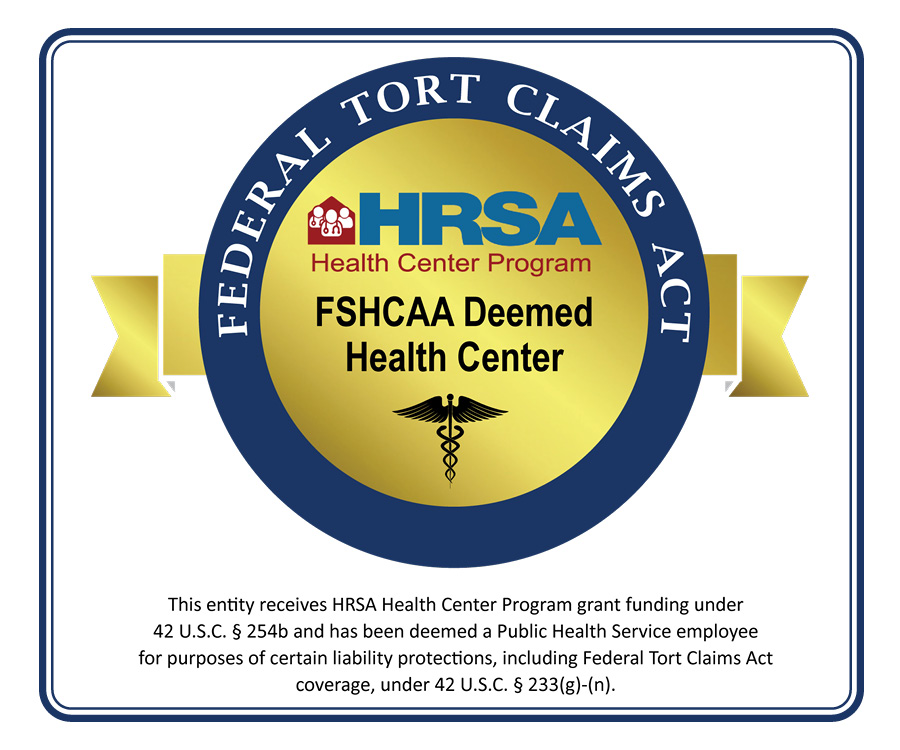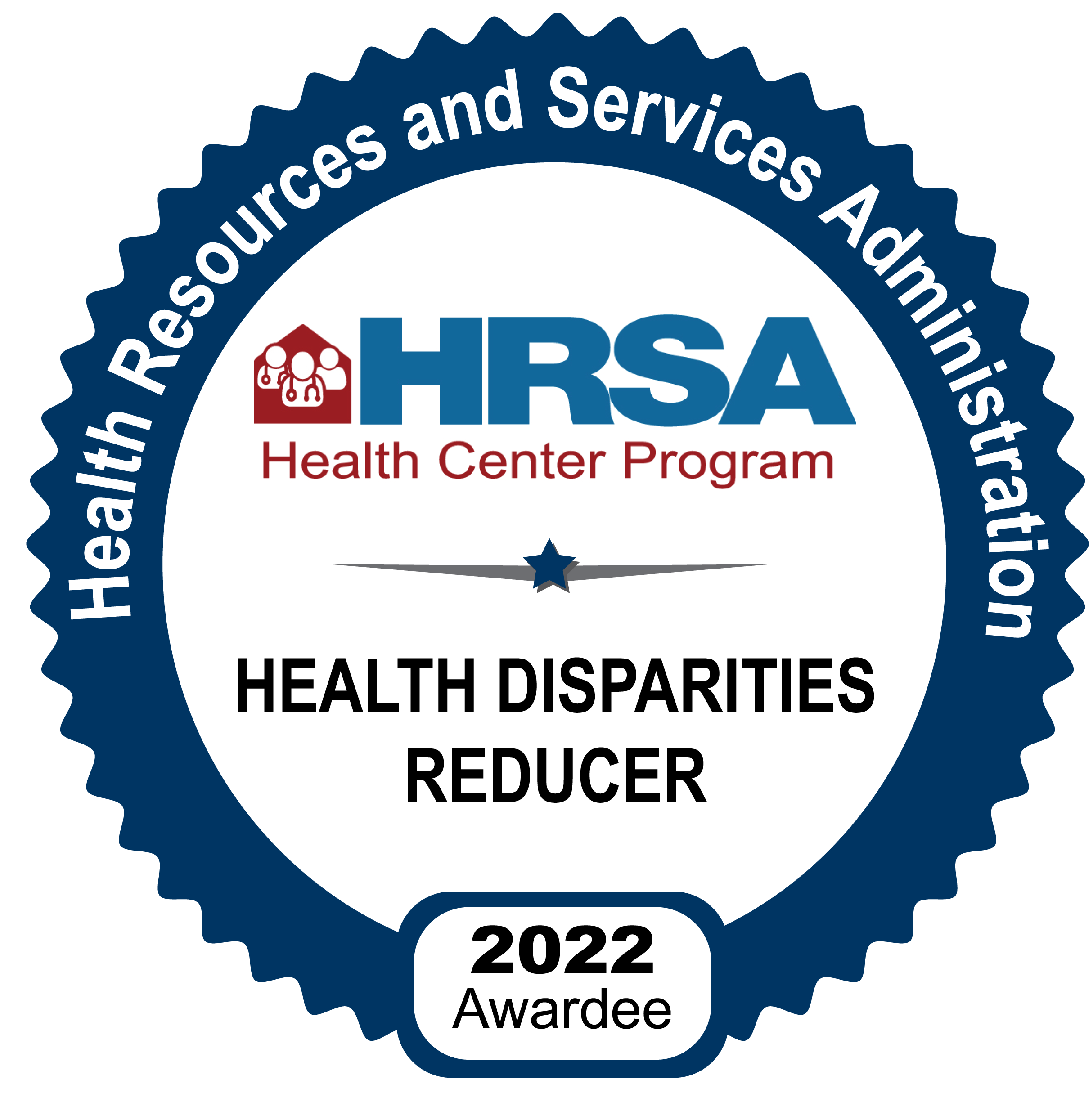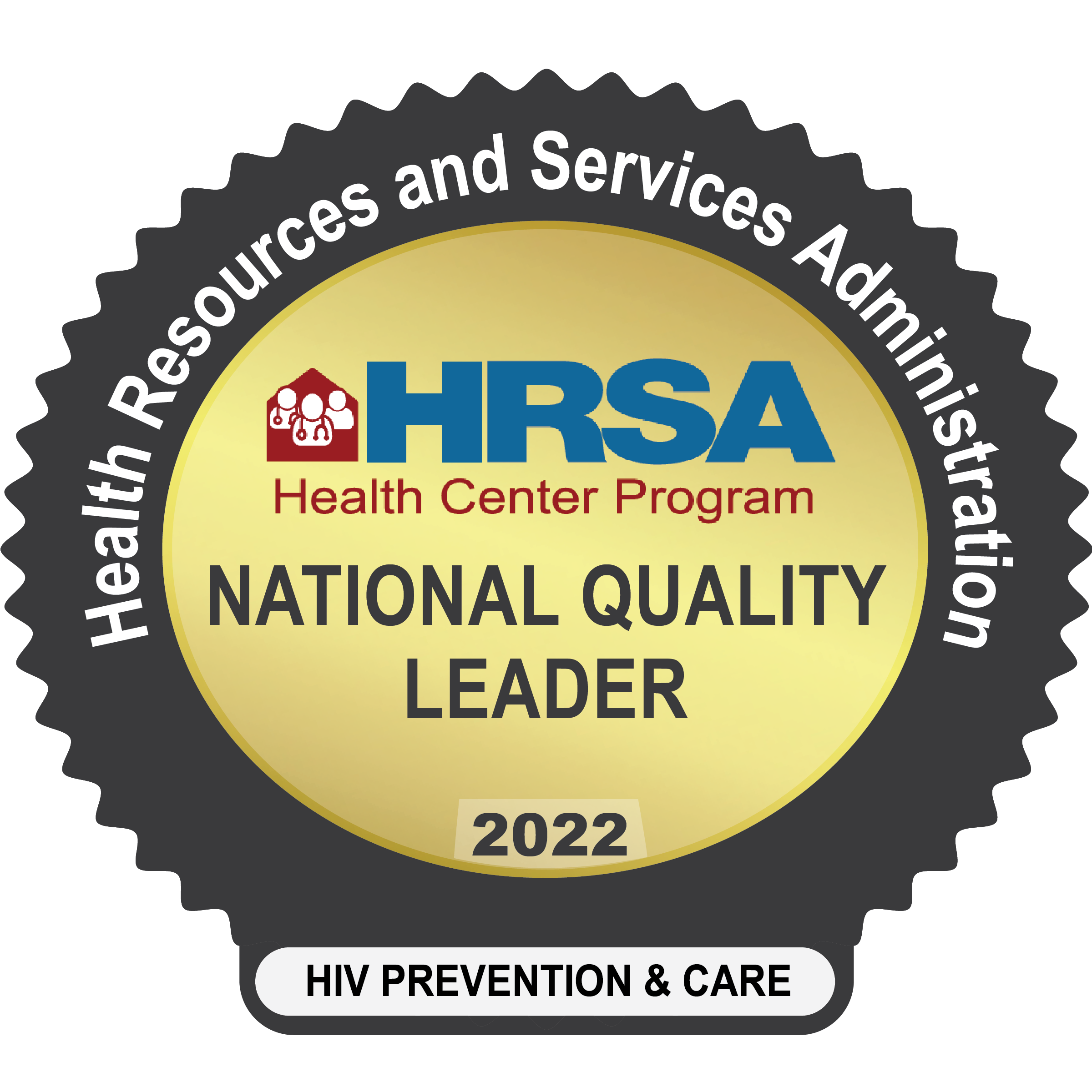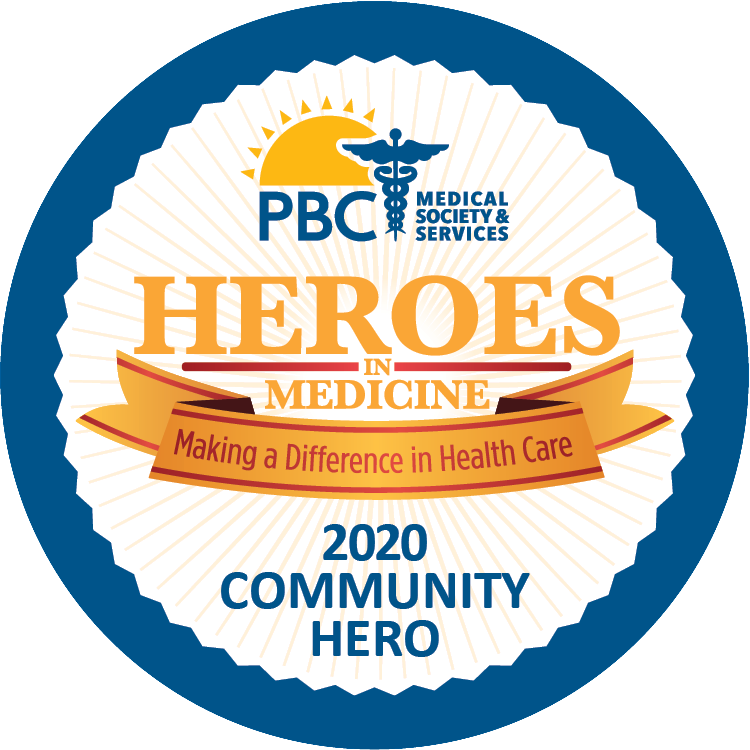We’ve gathered a few of our favorite websites and diabetes care guides that you can visit if you’re seeking more information or have any questions. Additionally, you may reach out to our diabetes care team if you have any questions by clicking here.

Eating healthy doesn’t have to be boring. We’ve compiled a few of our favorite websites and best-selling cookbooks below that contain tons of diabetes-friendly recipes… desserts included! Click on the links below to view recipes or to purchase your own cookbook from the American Diabetes Association.
- Food Network- Diabetes Friendly Recipes
- Taste of Home- Diabetic Recipes
- All Recipes- Healthy Diabetic Recipes
- Cookbook: Quick & Healthy Volume II, 2nd Edition- Designed for busy people with lots of good intentions and little time to cook.
- Cookbook: Diabetes Superfoods Cookbook and Meal Planner- The Diabetes Superfoods Cookbook and Meal Planner has the information you crave from experts you can trust.
- Cookbook: The Diabetes Cookbook- The Diabetes Cookbook, backed by decades of research on diabetes nutrition, will be your ultimate guide to cooking and eating well.


.png)
.png)
.png)











